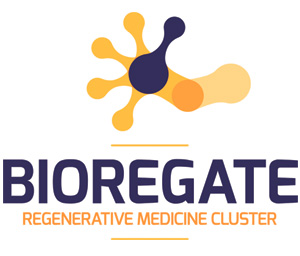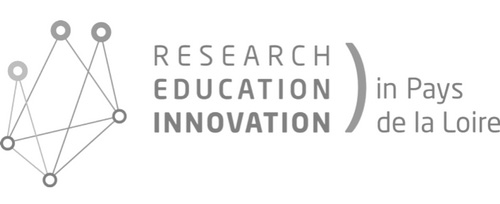After intra-arterial delivery in the dystrophic dog, allogeneic muscle-derived stem cells, termed MuStem cells, contribute to long-term stabilization of the clinical status and preservation of the muscle regenerative process. However, it remains unknown whether the human counterpart could be identified, considering recent demonstrations of divergent features between species for several somatic stem cells. Here, we report that MuStem cells reside in human skeletal muscle and display a long-term ability to proliferate, allowing generation of a clinically relevant amount of cells. Cultured human MuStem (hMuStem) cells do not express hematopoietic, endothelial, or myo-endothelial cell markers and reproducibly correspond to a population of early myogenic-committed progenitors with a perivascular/mesenchymal phenotypic signature, revealing a blood vessel wall origin. Importantly, they exhibit both myogenesis in vitro and skeletal muscle regeneration after intramuscular delivery into immunodeficient host mice. Together, our findings provide new insights supporting the notion that hMuStem cells could represent an interesting therapeutic candidate for dystrophic patients.

